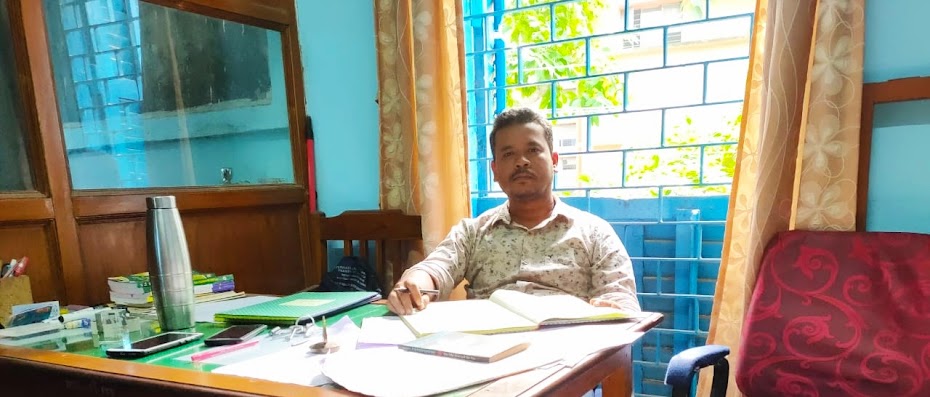CALL FOR PAPER
The Department of English
Jamia Millia Islamia, New Delhi
Invites abstracts of 250-300 words for the
Three-Day National Conference on
"Tribes in Transition-2: Reaffirming Indigenous Identity through Narrative"
9-11 February, 2017
Concept Note: The term "tribe" - used synonymously today with other terms like "indigenous", "aboriginal", "Adivasi" and "First Nations people" - has a long history that connects diverse communities across the world on the basis of their common worldview. Beginning as part of the colonial vocabulary of administration, the term "tribe" had constructed such communities in terms of the western dichotomy between the civilized and the primitive, and had viewed them either as primitive savages hostile to civilization or as peripheral beings who lived in a primeval world that became an idealized site for an alternative culture. In later years, many creative representations of them in literature, art and narrative cinema had perpetrated these stereotypes, though the motivations behind them may have been different. In more recent times, some writers have invoked the existence of the Fourth World, composed of the world's indigenous people, whose history and ecology have been appropriated by the other two Worlds.
In post-Independence India, there has been a great deal of what the anthropologists call "culture contact", resulting in acculturation, displacement and other related changes among the tribal/ indigenous peoples. These changes have triggered aggressive political movements among some tribal groups, sometimes closely aligned with non-tribal ideological elements, which have led to new and experimental narrative forms. While grappling with the issues of tribal/ indigenous identity, culture, history and narrative, the Conference will address relevant questions such as: What is the outcome of the interface between oral tradition and modernity? What is 'tribal imagination'? What is the tribal sense of history? Why do tribal/ indigenous narratives suffer from low visibility within mainstream academia? What is the significance of tribal/ indigenous characters in mainstream narratives? How does the perspective of the 'outsider' differ from that of the 'insider'? Finally, the Conference will try to connect with grassroots workers and activists working on problems of healthcare, education, employment and human trafficking among the tribal/ indigenous communities of India.
The Conference will add a multidisciplinary approach to the existing research on tribal/ indigenous communities in India. While the conventional areas within the disciplines of Literature, Linguistics, History, Sociology and Anthropology will dominate the discourse, new areas from Cultural Studies, Folklore Studies, Film Studies, Art and Aesthetics etc, will also be introduced. Finally, it is hoped that by critiquing existing approaches to tribal healthcare and education in India, the Conference will lay the groundwork for some much-needed changes in government policy towards the Scheduled Tribes.
Important Sub-themes of the Conference:
Oral tradition and modernity
Tribal memory and imagination
Tribal art forms and aesthetics
Tribal versions of the Indian epics
Script movements among tribal groups
Tribal resistance narratives
Approaches to tribal healthcare
Tribal education and employability
Human trafficking in tribal areas
Abstracts of 250-300 words in Microsoft word document should be sent to the Convener at this email: ivyihansdak@gmail.com. It should contain the applicant's full name, institutional details and contact information.
Last date for submission of abstract : 30 November 2016
Last date for intimation of selection : 30 December 2016
The selected (out-station) participants will be provided with food and accommodation during the Conference. TA in accordance with JMI rules will also be provided to the same.
Convener: Dr. Ivy Imogene Hansdak, Assistant Professor, Dept of English, JMI, New Delhi: ivyihansdak@gmail.com
Organizing Committee: Prof. Mukesh Ranjan, Mr. Roomy Naqvy, Ms. Shimi Moni Doley, Mr. A.C. Kharingpam & Dr. Saroj Kumar Mahanand
Dept Office Ph. No.: 011-26981717 (ext. 2952)
--
Mobile: +91 94 94 24 26 45
